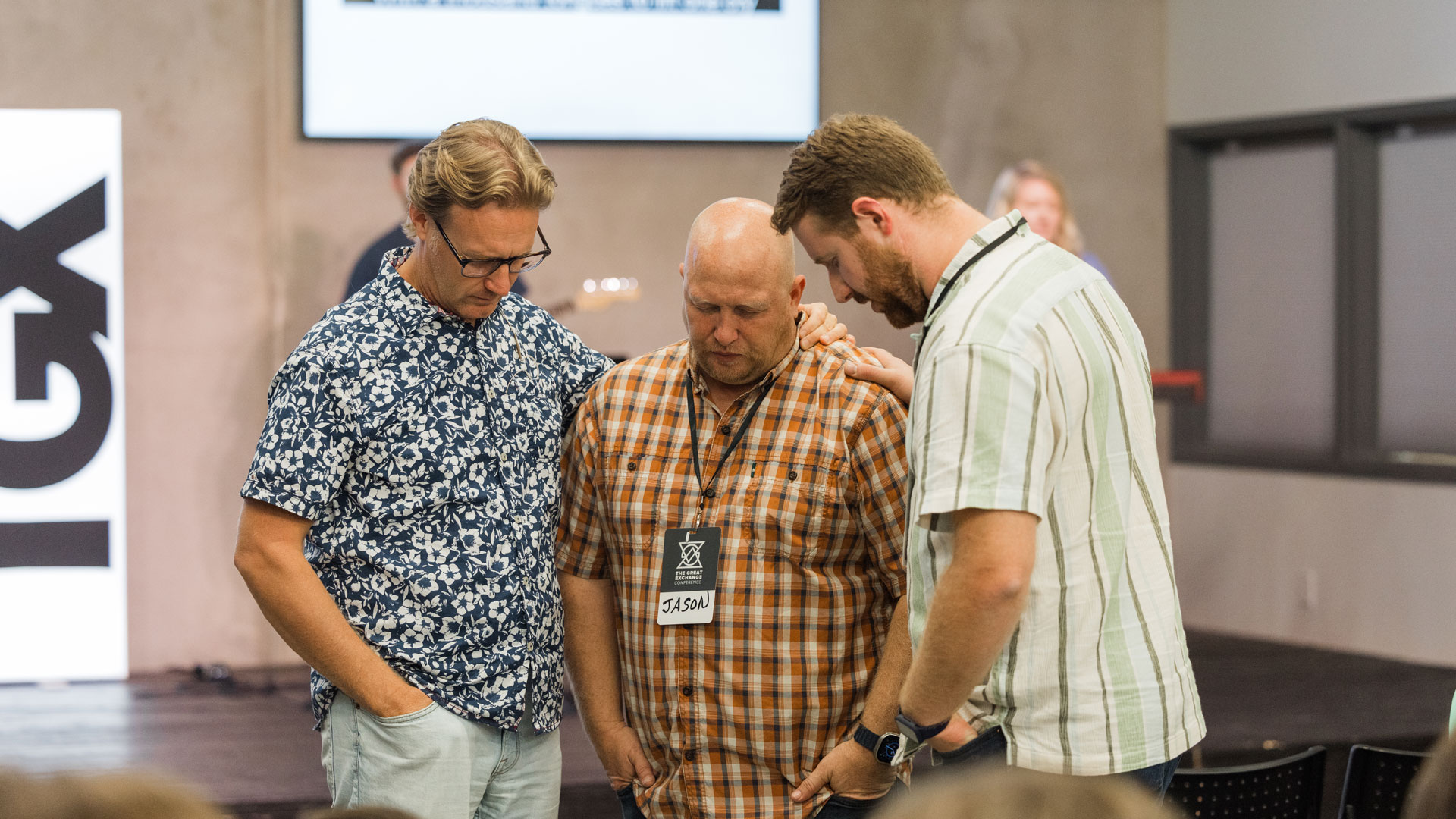Let the Past Teach You to Pray: Why Historic Prayers Matter
By Josh Smith
“Praying someone else’s words? Isn’t that… Catholic?”
If you’ve ever heard (or said) that phrase, you’re not alone. In churches like ours, we can treat structured or historic prayers with suspicion. We worry they’ll feel formal, impersonal, or disconnected from our hearts. And for some, any hint of liturgy triggers painful memories from a church experience they’d rather forget.
But what if the very prayers we’ve avoided could actually help reform us?
October is a month when many Christians reflect on the legacy of the Reformation—a moment in history when the church recovered its central commitment to the gospel—salvation by grace alone through faith alone. But reformation doesn’t belong only to the past. Every generation—and every believer—needs to keep reforming.
And that includes how we pray.
Prayer Forms the Heart
Prayer forms us—spontaneous and scripted. When we cry out to God in our own words, we reveal what we long for. When we pray the Psalms, we let Scripture shape our desires. And when we borrow the words of bygone Christians, we join believers who have prayed these words across the centuries. We let their faith shape ours.
Historic prayers aren’t a replacement for personal conversation with God. They’re a tool for it. Like learning from a mentor, praying historic prayers teaches us to speak with gravity, clarity, and hope. They help us articulate what we didn’t yet know how to say.
The ESV Prayer Bible includes hundreds of prayers like this, collected from voices spanning centuries of church life. One that has shaped my own heart comes from John Hunter, a Scottish minister and teacher from the early 1900s. It reads:
“O you who have appointed to each one his place and work in life,
we desire to serve you in all that we do.
Help us to fulfill every duty which you lay upon us,
and to stand in every hour of temptation.
In our times of disappointment may we trust in the light that comes after darkness,
and in the strength and peace that are won by strife.
In tribulation keep us patient,
and amid all the changes of the world preserve in us a cheerful spirit.
Enable us to fight the good fight of faith,
and to endure hardness as good soldiers of Jesus Christ.”
—John Hunter, ESV Prayer Bible, p. 1708
This prayer is saturated in the language of Scripture. It is shaped by lived reality. It confronts hardship and yearns with hope. When I read Hunter’s prayer, I’m reminded that God is sovereign over His plan for me, forgiving in the midst of my temptations, and faithful through my difficulties. And I find myself praying not only with my own thoughts—but with words I didn’t know I needed.
A Moment to Pray
Right now, pause. Breathe. Read Hunter’s prayer again—this time slowly, this time as your own.
Let it shape your desires. Let it steady your emotions. Let it lead you closer to the God who sanctified the saints of the past and is forming you now.
Why We Need Reform
We’re used to customizing everything from our playlists to our prayers. But communion with God doesn’t always follow what we want. Prayer isn’t about ease or convenience. It’s about relationship with the living God. And historic prayers help us reform that connection—not by limiting our words, but by expanding them.
That’s not Catholic. That’s Christian.
The Reformation itself wasn’t just about correcting error. It was about recovering wisdom. If we want to be people shaped by the Word, drawn into Christ, and sensitive to the Spirit, we need every tool God has given us—including the words of those who have walked the path before us.
This October, consider reforming your prayer life not by abandoning your spontaneous prayers, but by enriching them with the voices of the past.
A Resource to Get You Started
One excellent entry point is the Prayers of the Church series by Robert Elmer. These short volumes gather prayers from across church history—organized by era of church history, rich with Scripture, and ready to use. They’ve helped me slow down and pray with greater focus—and I think they could help you too.
📖 Prayers of the Church Series on Amazon
Let the past teach you to pray.


